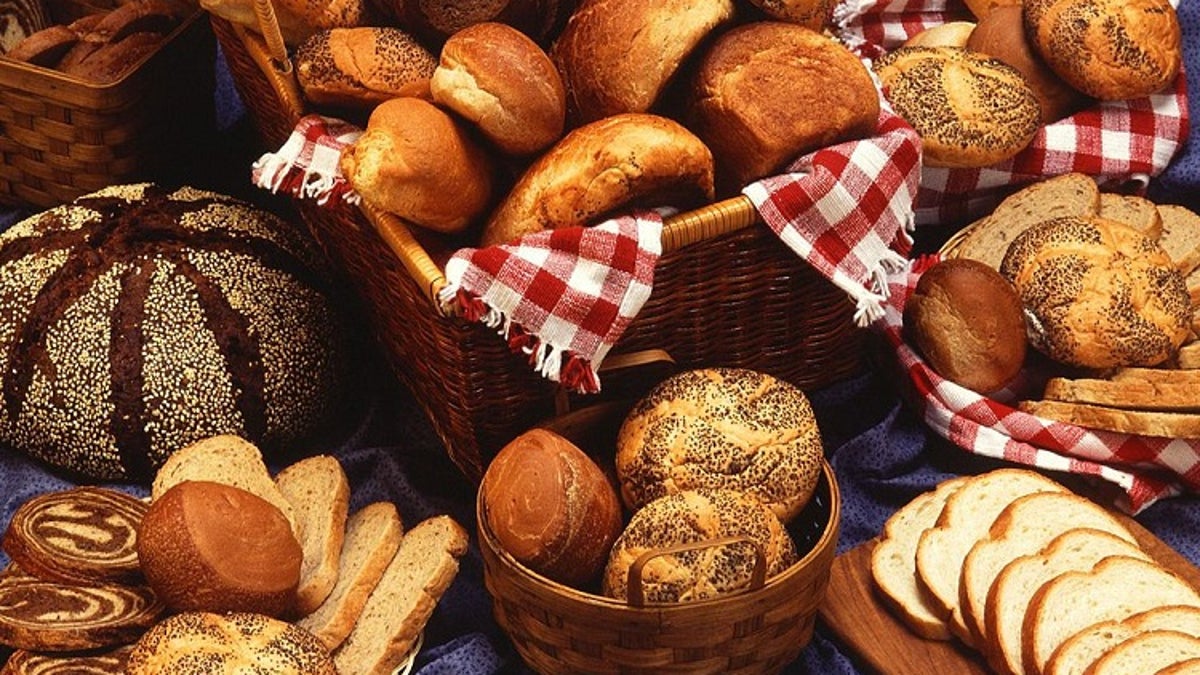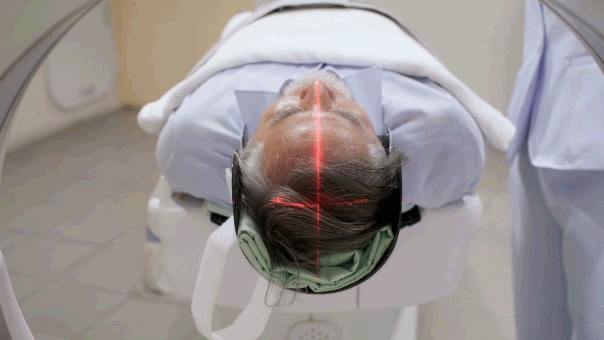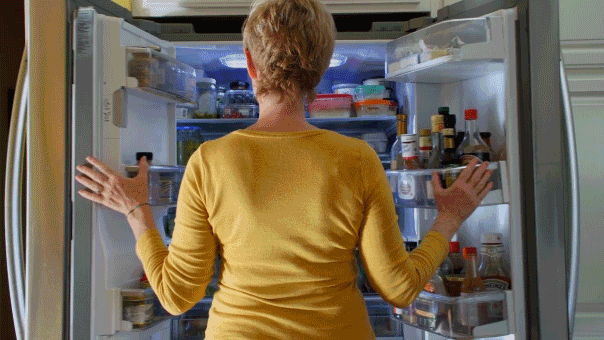
A new study finds that many people with either celiac disease or a condition called non-celiac gluten sensitivity are wary of vaccines — a finding that doctors say is concerning. (U.S. Department of Agriculture)
CHICAGO – A new study finds that many people with either celiac disease or a condition called non-celiac gluten sensitivity are wary of vaccines — a finding that doctors say is concerning.
"Despite the fact that there's no evidence that any vaccines" are made with or contain gluten, when people in the study were asked, 'Do you think vaccines contain gluten?' a majority responded by saying either yes or that they were not sure, said the lead author of the study, Dr. Loren Rabinowitz, a resident physician in internal medicine at Columbia University Medical Center in New York City.
People with celiac disease can't digest the protein gluten normally. In people with the condition, eating gluten prompts the immune system to attack the small intestine, leading to digestive problems, such as diarrhea, bloating and weight loss. People with non-celiac gluten sensitivity experience abdominal pain or other symptoms when they eat gluten, but the condition is "loosely defined," Rabinowitz told Live Science. It generally refers to people who experience digestive problems after eating gluten but who do not test positive for celiac disease in lab tests, she said.
In the new study, the researchers looked at the attitudes and beliefs that people with celiac disease and gluten sensitivity had toward gluten itself, other foods, medical information and vaccines. The findings were presented here today (May 7) at Digestive Disease Week, a scientific meeting about digestive diseases. The findings have not yet been published in a peer-reviewed journal.
In the study, the researchers surveyed more than 1,500 U.S. adults, nearly 1,300 of whom said that they had celiac disease that had been confirmed by a lab test. The remaining people in the survey said that they had non-celiac gluten sensitivity.
The researchers found that there were "very, very big differences" in the beliefs and attitudes between those with celiac disease and those with non-celiac gluten sensitivity, Rabinowitz said.
For example, compared with people with celiac disease, people with gluten sensitivity were more likely to avoid eating genetically modified foods, to only eat organic foods, to not think the Food and Drug Administration is a reliable source of information, to mistakenly believe that following a gluten-free diet improves people's energy and concentration, and to mistakenly believe that gluten is bad for everyone , Rabinowitz said.
And although both groups of people had concerns about the presence of gluten in vaccines, people with non-celiac gluten sensitivity were more likely than those with celiac disease to doubt that vaccines are safe for people with celiac disease, and to not get vaccinated, according to the study. About 31 percent of the people in the study with non-celiac gluten sensitivity had turned down flu vaccines, for example.
Some people with non-celiac gluten sensitivity are "making the decision not to get vaccinated based on the belief that the vaccines may be tainted" with gluten, Rabinowitz said.
But " vaccines are safe , including for people with celiac disease and non-celiac gluten sensitivity," senior study author Dr. Benjamin Lebwohl, a gastroenterologist and an assistant professor of epidemiology at Columbia University, stressed in an interview with Live Science.
Rabinowitz added that for patients with celiac disease, vaccines such as the flu vaccine are very important. People with celiac disease who get the flu are more likely to be hospitalized than people without celiac disease, so the idea that they may not be getting vaccinated "is really concerning," she said.
The new findings show that it is "very valuable" for doctors to spend a few minutes when meeting with patients to talk about the importance of vaccines and their safety, and to address any concerns that patients may have, Rabinowitz said.
Originally published on Live Science .








































